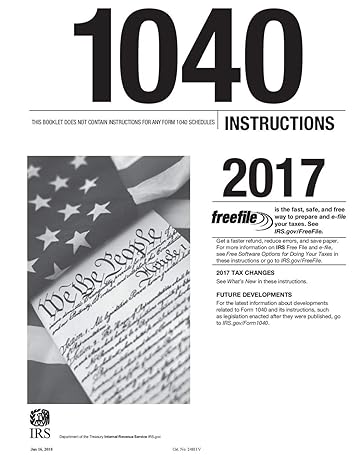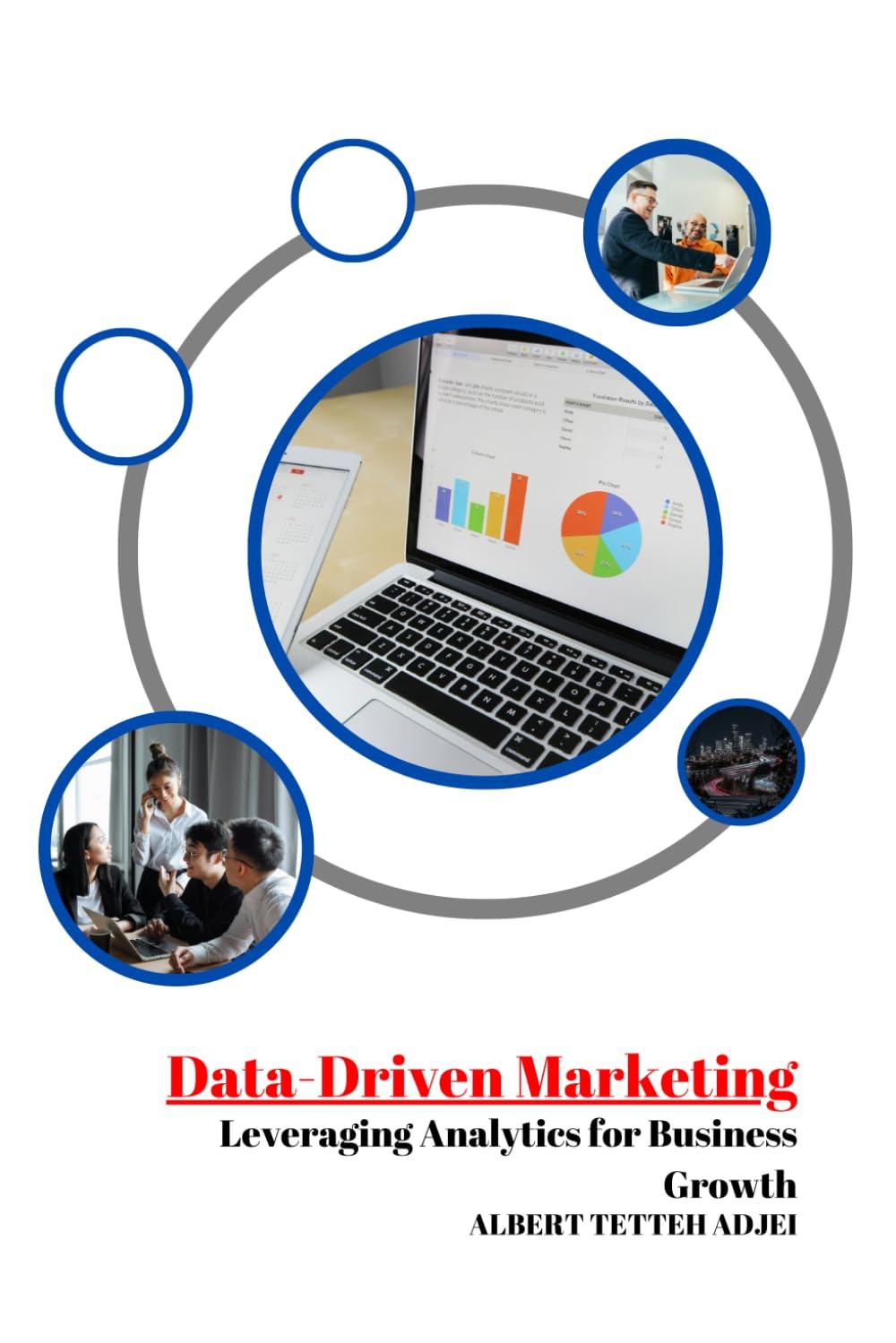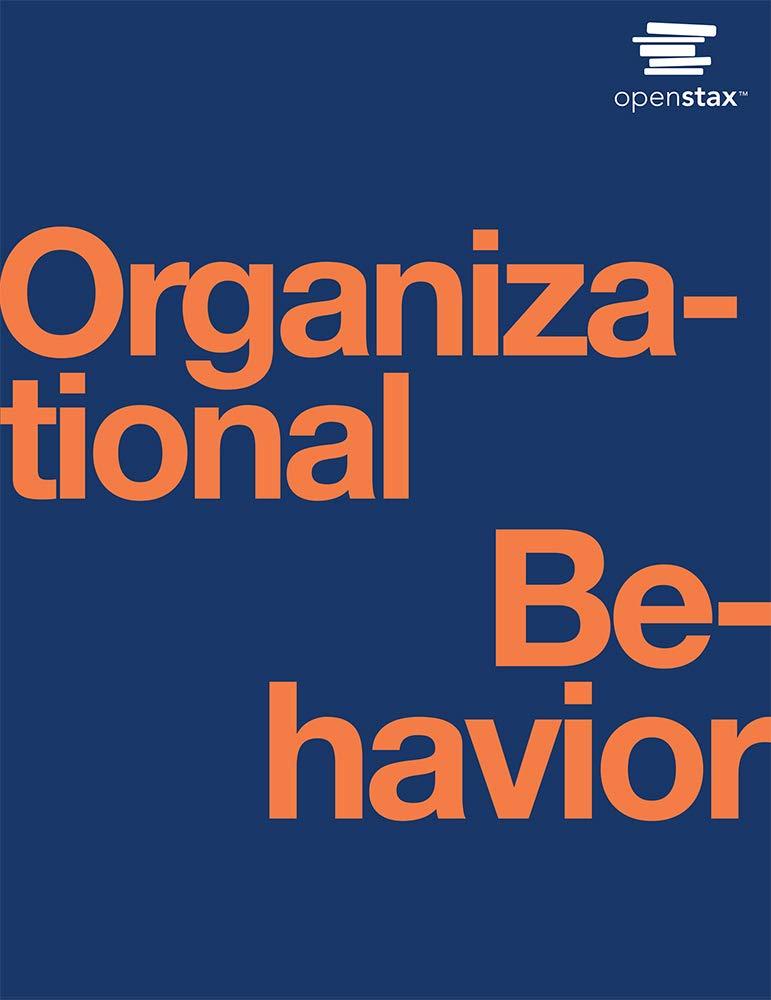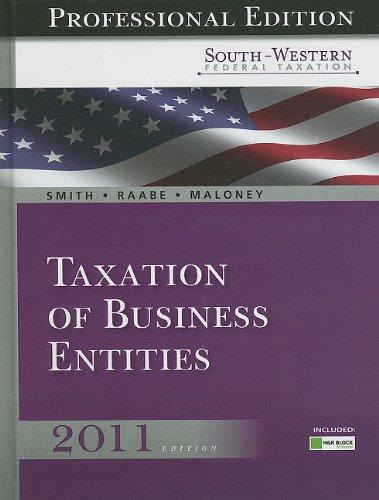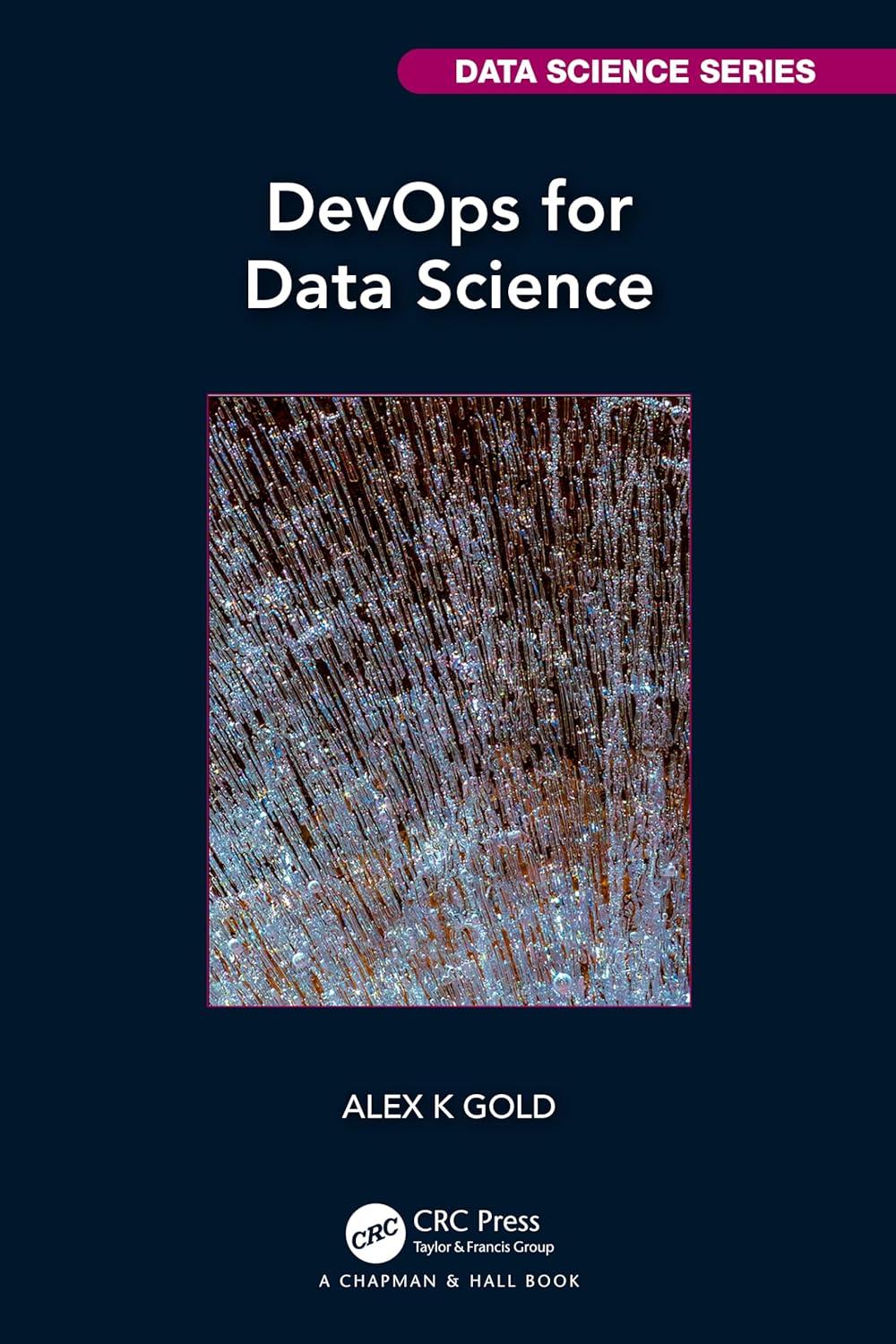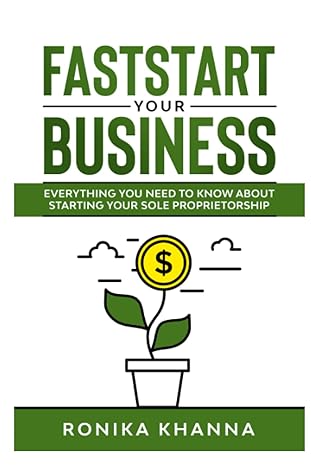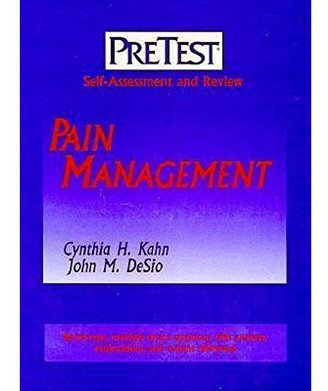Go back

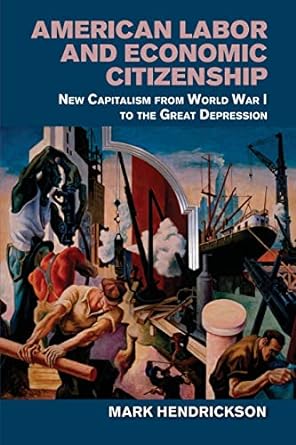
American Labor And Economic Citizenship New Capitalism From World War I To The Great Depression(1st Edition)
Authors:
Mark Hendrickson

Cover Type:Hardcover
Condition:Used
In Stock
Shipment time
Expected shipping within 2 DaysPopular items with books
Access to 30 Million+ solutions
Free ✝
Ask 50 Questions from expert
AI-Powered Answers
✝ 7 days-trial
Total Price:
$0
List Price: $39.99
Savings: $39.99(100%)
Book details
ISBN: 1107559677, 978-1107559677
Book publisher: Cambridge University Press
Get your hands on the best-selling book American Labor And Economic Citizenship New Capitalism From World War I To The Great Depression 1st Edition for free. Feed your curiosity and let your imagination soar with the best stories coming out to you without hefty price tags. Browse SolutionInn to discover a treasure trove of fiction and non-fiction books where every page leads the reader to an undiscovered world. Start your literary adventure right away and also enjoy free shipping of these complimentary books to your door.
Book Summary: Once viewed as a distinct era characterized by intense bigotry, nostalgia for simpler times, and a revulsion against active government, the 1920s have been rediscovered by historians in recent decades as a time when Herbert Hoover and his allies worked to significantly reform economic policy. In American Labor and Economic Citizenship, Mark Hendrickson both augments and amends this view by studying the origins and development of New Era policy expertise and knowledge. Policy-oriented social scientists in government, trade union, academic, and nonprofit agencies showed how methods for achieving stable economic growth through increased productivity could both defang the dreaded business cycle and defuse the pattern of hostile class relations that Gilded Age depressions had helped to set as an American system of industrial relations. Linked by emerging institutions such as the Social Science Research Council, the National Urban League, and the Women's Bureau, social investigators attacked rampant sexual and racial discrimination, often justified by fallacious biological arguments, that denied female and minority workers full economic citizenship in the workplace and the polity. These scholars demonstrated that these practices not only limited productivity and undercut expanded consumption, but also belied the claims for fairness that must buttress policy visions in a democracy.
Customers also bought these books
Frequently Bought Together
Top Reviews for Books
Ember Mitchell
( 5 )
"Delivery was considerably fast, and the book I received was in a good condition."


